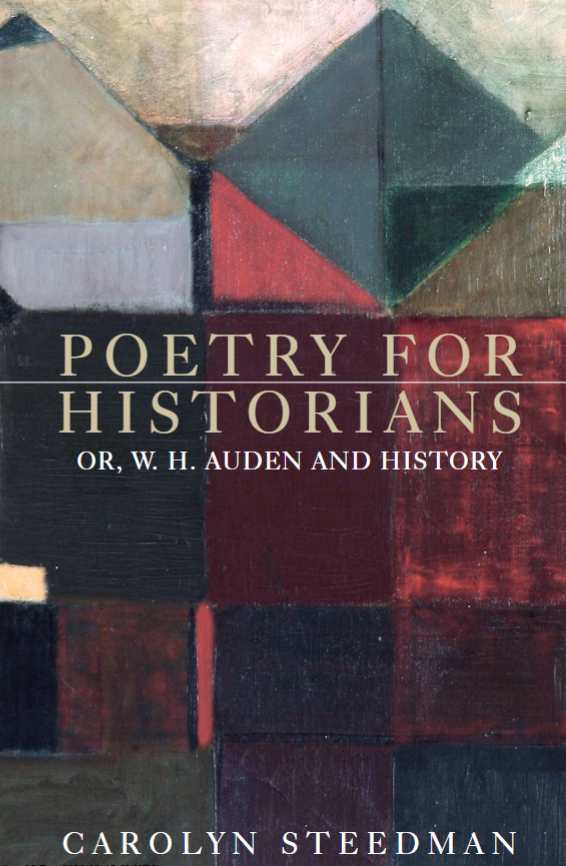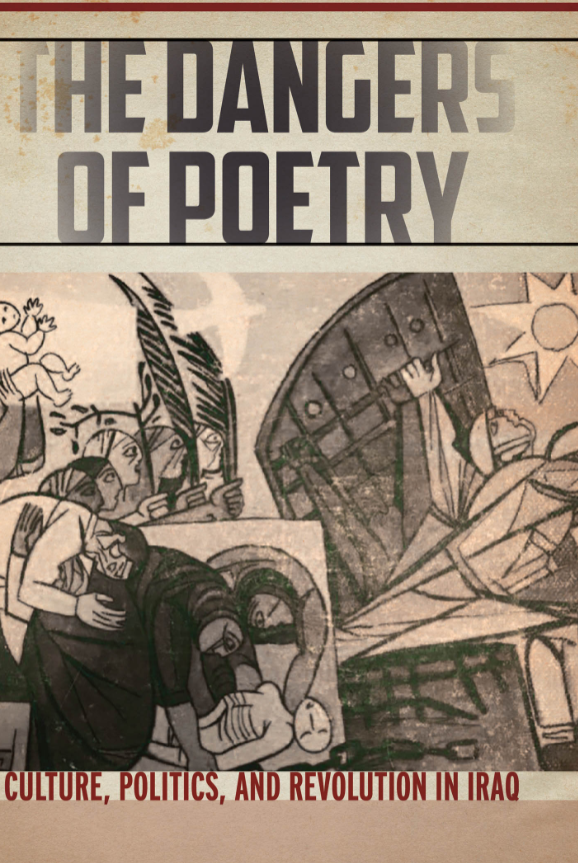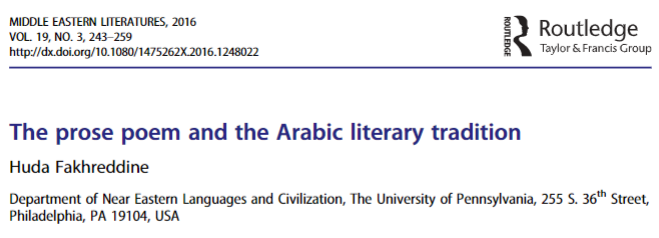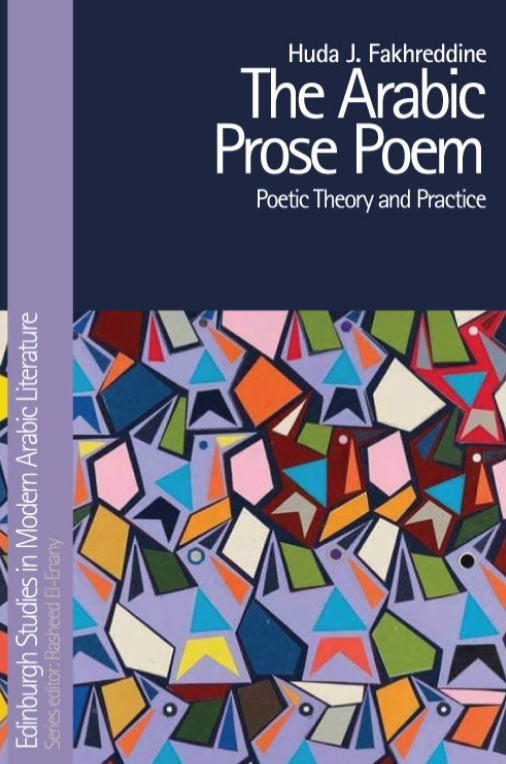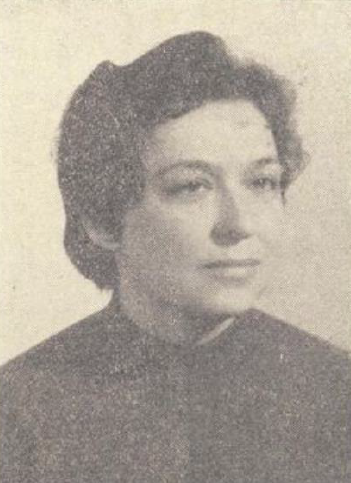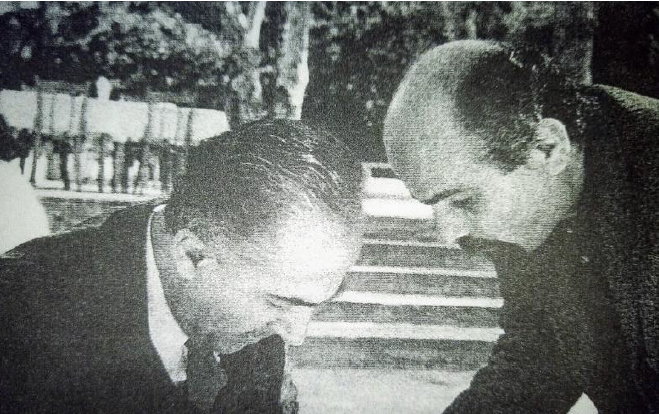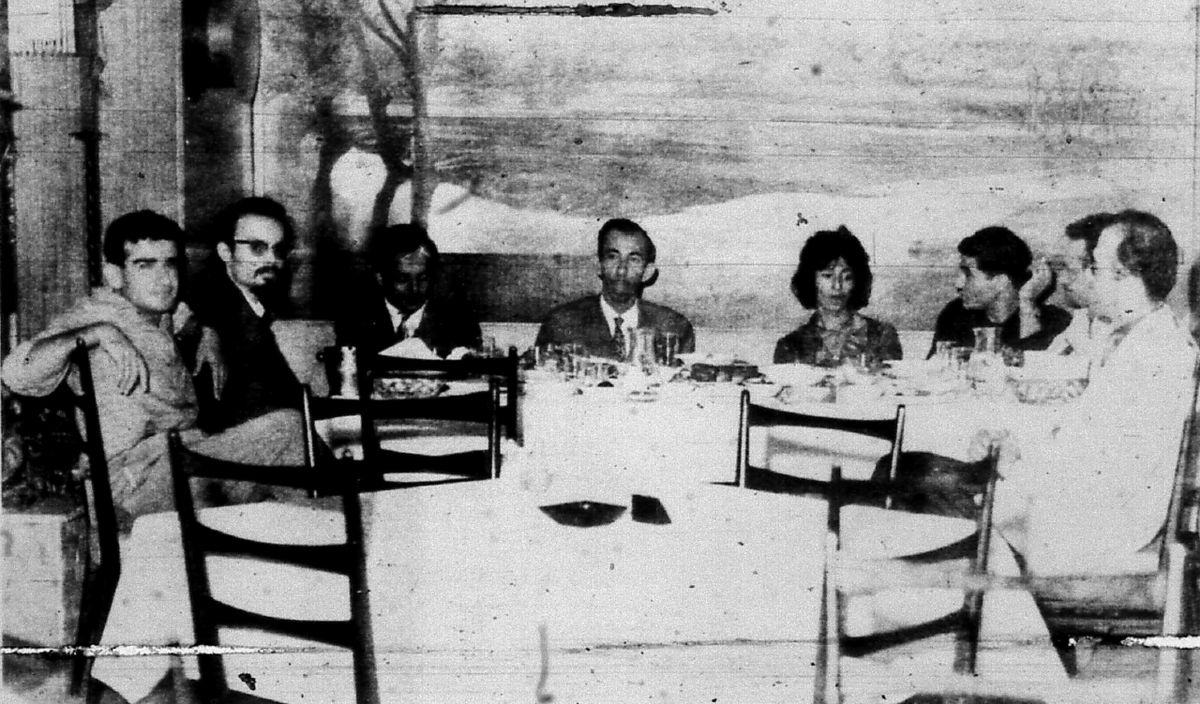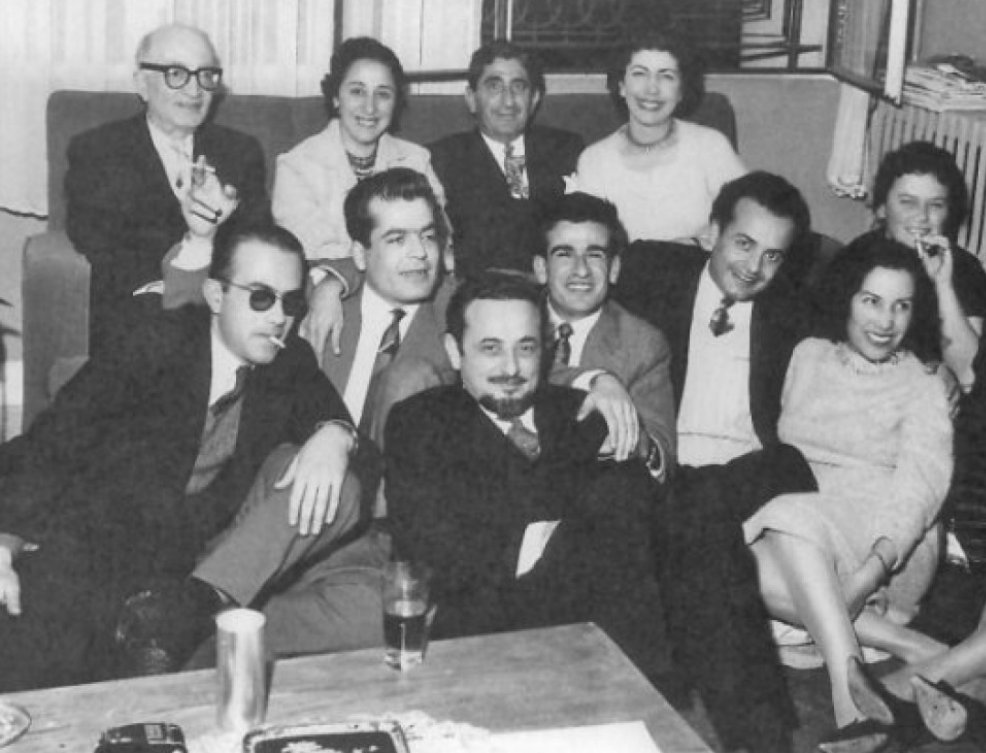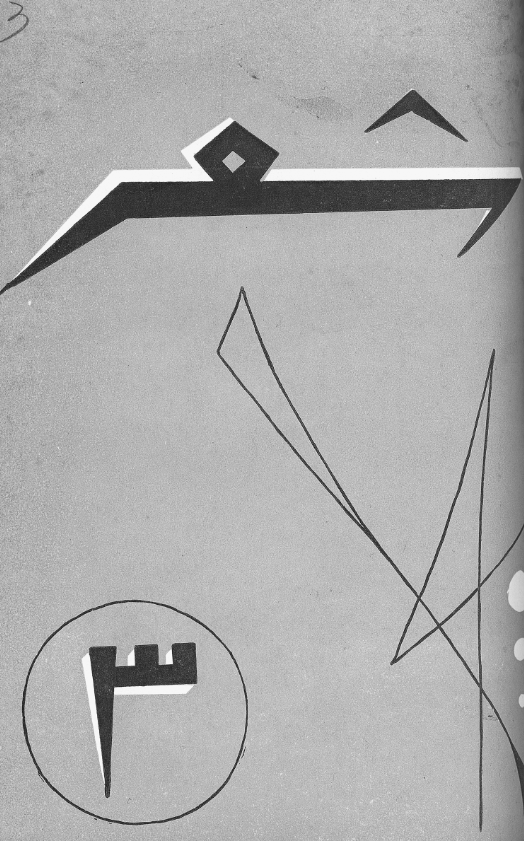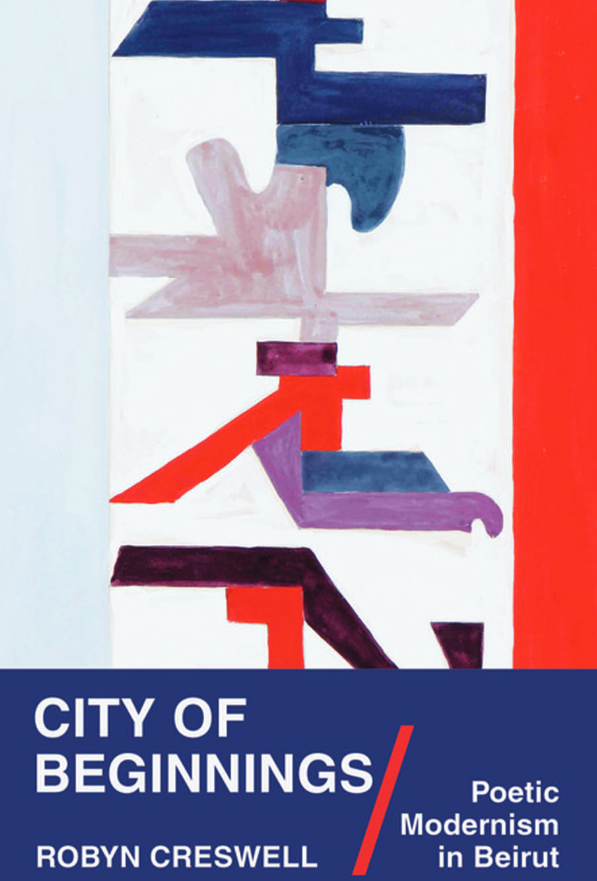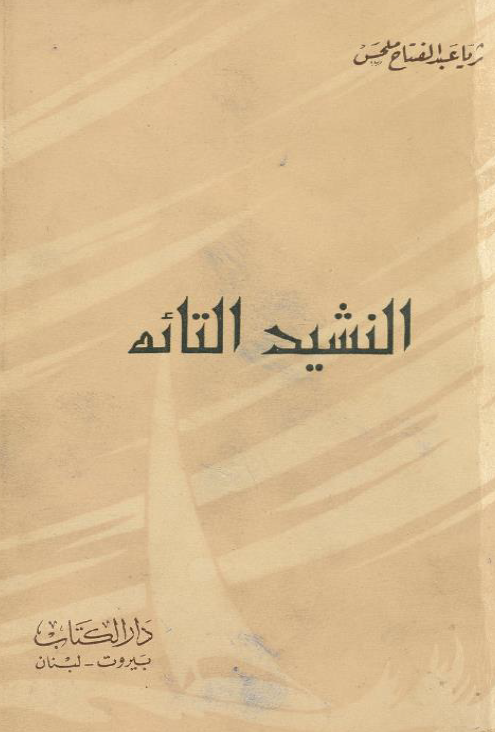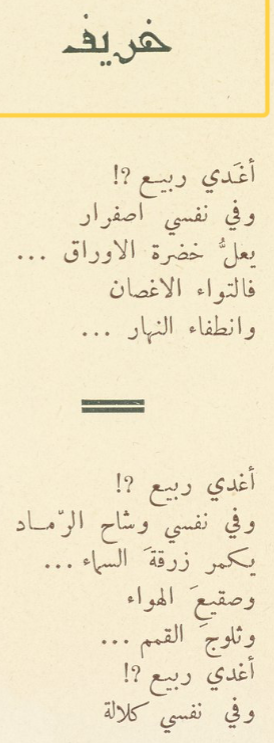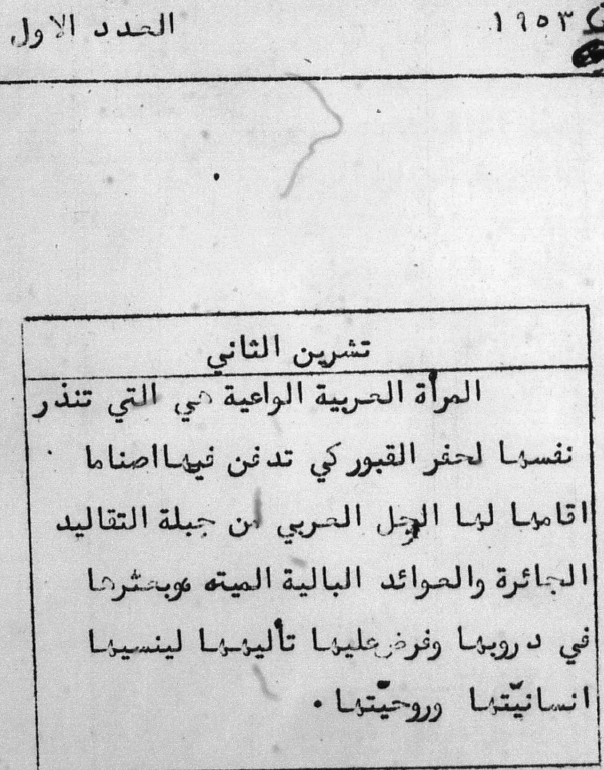1/25 A central part of my research is guided by poetry and by its incredible importance for historical study. Unfortunately, some historians have abused poetry, ransacking it for historical argument and spoiling the beauty of its verse for the purposes of a cheeky epigraph ~ AA.
2/25 This is why Carolyn Steedman (2018) reminds us that the "poem is an act of historical testimony" and that poetry can aid us in grasping "what history was and meant." Indeed, the craft of the historian is a poetic endeavor: salvaging a past that is "irretrievably gone" ~ AA.
3/25 Kevin Jones 2020 ( @dangersofpoetry), likewise, reads poetry -- in form, aesthetics, content, and spectacular value -- as a means to comprehend social and everyday nuances; something he impeccably achieves when chronicling the social and cultural history of modern Iraq ~ AA.
4/25 With this, I will now discuss one of the main intellectual moments of the Arab 1950s and 1960s. Specifically, I refer to the fierce contest over Arabic poetry and how the effort to modernize the Arabic poem corresponded to the effort to modernize Arab society & polity ~ AA.
5/25 Though, these debates over poetic modernism were multifaceted, I will focus here on the Arabic prose-poem (qaṣidat an-nathr). In its basic definition, the prose-poem is a form of poetry whose verse abides neither to rhyme (qafiyah) nor meter (wazn) ~ AA.
6/25 In 1963, Palestinian poet/critic/novelist Jabra I. Jabra described the prose-poem as poetry in its absolute freest form. Jabra's was a blatant jab against shi'r at-taf'ilah (free verse poetry), which he regarded as "unfree" and its label a misnomer ~ AA.
7/25 In critical terms, Huda J. Fakhreddine (2016, 2021) views the prose-poem as a subversive genre, which "opens up, blurs, and reinvents” the definition of the poetic in Arabic ~ AA.
8/25 In historical terms, I would add that the intellectual moods of the post-Nakba Arab world can be intimately sensed through a study of the prose-poem, of its development, and of the disputes it stirred ~ AA.
9/25 In the next 2 days, I'll shed light on 3 Palestinian poets: Thuraya Malḥas, who was a professor at the Beirut College for Women (BCW); Jabra I. Jabra who studied at Cambridge and taught in Baghdad; and Tawfiq Ṣayigh, an editor and a teacher in Berkeley and Cambridge ~ AA.
10/25 However, when we think of poetic modernism in the Arab world, the magazine "Shi'r" first comes to mind. Even more, the Arabic prose-poem is seen as the product of this magazine's cohort of poets who operated in Beirut during the late 1950s and early 1960s ~ AA.
11/25 This is a position that has been reinforced by the otherwise excellent study of Robyn Creswell (2019) on Shi'r as a magazine, literary circle, salon, art gallery, and a broad intellectual movement ~ AA.
12/25 But this is NOT the complete story of the Arabic prose-poem ~ AA.
13/25 I will undercut this androcentric tale of the Arabic prose-poem and push back its genealogy a decade by bringing from the margins the works of T. Malḥas, whose poetic experiments began in the 1940s and sprang from her double-alienation as a Palestinian woman ~ AA.
14/25 Malhas was among the earliest to write poetry free from rhyme and meter. Despite her contributions to the fields of literary history, social critique, and translation, Malhas’s place in Arab intellectual history remains marginal at best ~ AA.
15/25 In 1949, Malhas published her first collection of prose-poetry, an-Nashid at-Ta'eh (The Stray Anthem, NT). She was a fierce innovator, whose poems employed myth without excess and whose unconscious was rendered in an artless sincerity devoid of surrealist flamboyance ~ AA.
16/25 Malhas’s poems in NT date from Mar 1947 to Aug 1949, while she was a student in Beirut and as violence ravaged her homeland. It can be read as a poetic memoir of the Nakba, with Malhas chronicling her affective ebbs and flows in verse ~ AA.
17/25 Poems from 1947 were mostly romantic in theme and confident in tone. But as the year’s days and months came to pass, Malhas’s poems reflected an increasingly somber mood ~ AA.
18/25 For instance, in Mar 1948 as the scent of lilies filled the streets of Beirut, Malhas wrote two poems which described her “yellowed soul” as her thoughts travelled south, to Palestine/Israel, where the scent of spring was choked with the odor of blood and gunpowder ~ AA.
19/25 Despite NT’s achievement as an original collection of prose-poems, it received little attention and fell off the radar of most Arab critics. For fellow art historians, the late Saloua R. Choucair designed the poetry volumes of Malhas ~ AA.
20/25 Over the 1960s, Malhas gradually gave up her symbolist pretense and composed poems that discuss unabashedly ‘Palestinian’ topics of the Nakba, of disenfranchisement, and of exile ~ AA.
21/25 Ultimately, literary historians of postwar Arabic modernism paid no attention to the role Malhas played in developing the prose-poem and in giving it currency a decade before the famous cohort of Beiruti avant-garde poets coalesced ~ AA.
22/25 Malhas sought a freer, more open poetic form that could effectively express her feelings of alienation not only as a Palestinian exile but also as an Arab woman ~ AA.
23/25 Malhas, though, failed to elucidate the reasons behind her experimentation with the prose-poem. Therefore, the initiative to ‘theorize’ the prose-poem as a sharply modernist Arabic literary form was left to the likes of Adonis (1960) and Unsi al-Ḥajj (1960) ~ AA.
24/25 To close, I will leave you with a quote from Malhas featured in a student publication she oversaw at BCW, which underlines her radical feminist politics and therefore marginalized her in a male-dominated Arab intellectual ~ AA.
25/25 Tomorrow, I'll cover Jabra & Sayigh and conclude with a critique of how the framing of the 'cultural Cold War,' despite its validity/utility, fails to capture the several of the nuances of this period and how a focus on poetry & its paratexts can serve as a corrective ~ AA.

 Read on Twitter
Read on Twitter